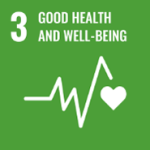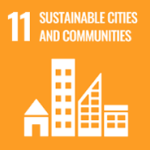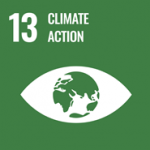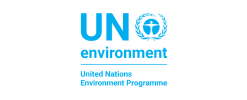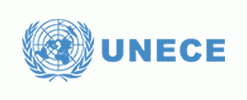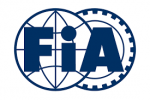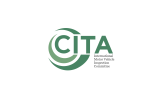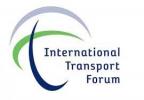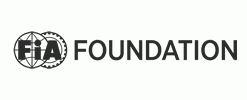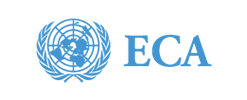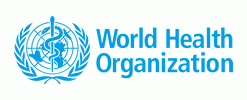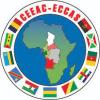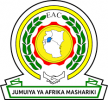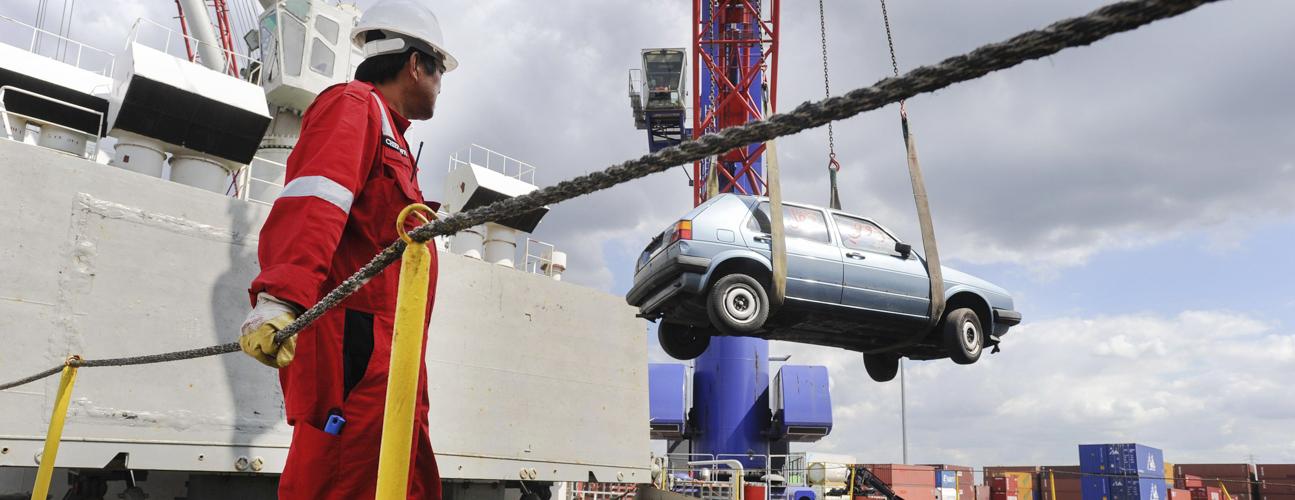
Areas of Impact
Country
A project of enormous scope, involving both exporting and importing countries to assure that used vehicles imported into Africa will adhere to consistent minimum standards to ensure a shift to cleaner and safer used vehicles.
A UNRSF-supported collaboration in West Africa is developing a programme that will support regulations of the export and import of used vehicles in Africa, with major safety, health, climate and economic benefits.
Regulating used vehicles import/export will benefit African countries to access cleaner vehicles technologies with minimum security characteristics such as seatbelt, antilock brakes system, etc. This will contribute to reducing road injuries and positively impact air pollution.
The programme will bring exporters, including the EU, Japan and the USA, and African importing countries together, to agree on minimum standards/requirements for used vehicles.
It will also support African countries with developing national standards and regulations (which can include existing global vehicles standards and regulations) and start the implementation of those agreed standards (including vehicle inspection and enforcement).
It will make an important contribution to the implementation of the Sustainable Development Goals 1, 3, 7 and 11 as well as national African action plans on road safety and environment (air pollution and climate change).
Context
- The absence of a global and/or regional harmonized standard on the trade of used cars presents a major global challenge to road safety and clean and affordable road transport in the rapid growth of used vehicles in developing countries;
- In 2018, Africa imported over 1.45 million used light-duty vehicles from the three major exporters: EU, Japan and the US;
- Africa has 60% of global road fatalities while the continent vehicle fleet is only 2% of the world's total;
- A significant share of imported used vehicles in Africa are in excess of 15 years old and offer low levels of vehicle safety features and environmental protection, with high associated economic costs;
- The African vehicle fleet is set to grow four to five times by 2050 and 80-90% of this growth will come from import of used vehicles;
- The global vehicle fleet is responsible for about one quarter of energy related global green-house gas emissions. This is set to increase to one-third by 2050.
01
AGREED MINIMUM REQUIREMENTS FOR THE TRADE OF USED CARS BY BOTH EXPORTING AND IMPORTING COUNTRIES
02
ESTABLISHED INSPECTION AND MONITORING FRAMEWORKS, INCLUDING COMPLIANCE SYSTEMS TO ENSURE USED VEHICLES MEET AGREED STANDARDS AND POLICIES
03
INCREASED PUBLIC AWARENESS THROUGH MEDIA TRAINING AND CAPACITY BUILDING FOR KEY STAKEHOLDERS
-Adoption of a regionally harmonised vehicle directive by the 15 ECOWAS countries in September 2020;
-To reduce emissions of air pollutants and greenhouse gases by up to 90%, all vehicles to be imported, both new and used, and petrol and diesel, will need to comply with a minimum of EURO 4/IV vehicle emissions standard from 1 January 2021;
-All light duty vehicles imported will have an age limit of 5 years with a 10-year implementation period.
AN INSPECTION AND MONITORING FRAMEWORK IS ESTABLISHED, AND COUNTRIES ARE TRAINED TO USE COMPLIANCE SYSTEMS TO ENSURE USED VEHICLES MEET AGREED STANDARDS/REQUIREMENTS
EXPORTING AND IMPORTING COUNTRIES AGREED ON MINIMUM REQUIREMENTS FOR USED VEHICLES FOR AFRICA
TRAINING, INFORMATION AND COMMUNICATION TO SUPPORT NATIONAL/REGIONAL CAPACITY BUILDING FOR POLICY DEVELOPMENT, INSPECTION AND ENFORCEMENT

